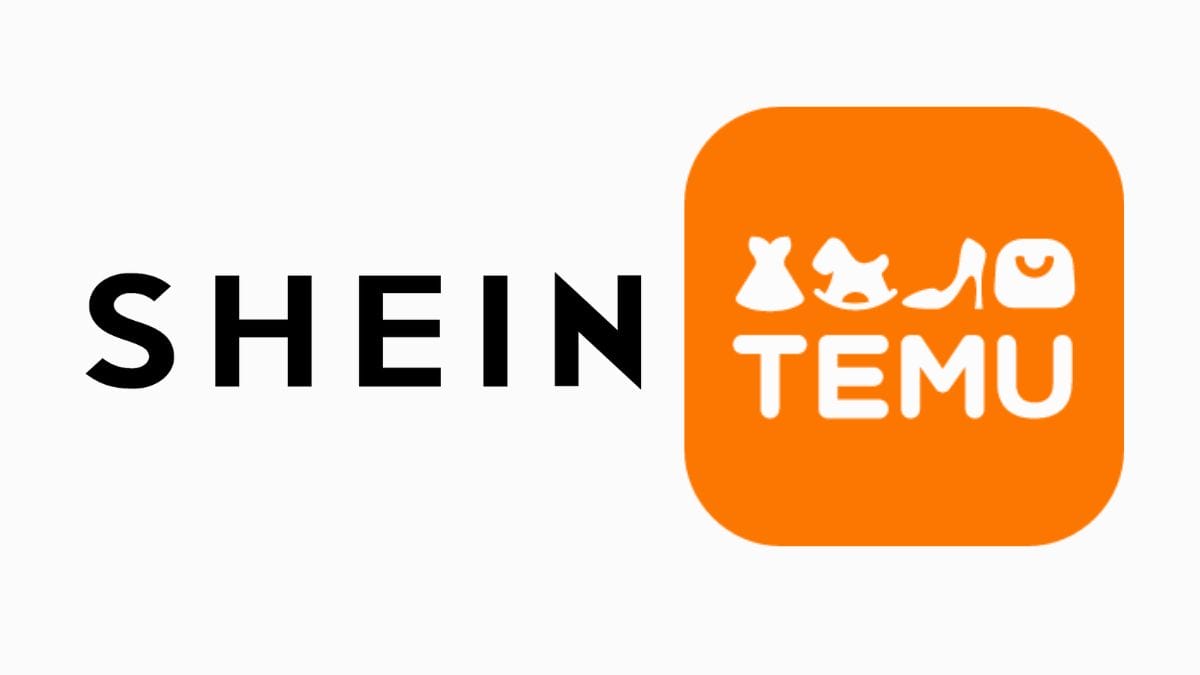In the constantly evolving landscape of e-commerce giants, two names have recently been spotted as potential contenders to the top spot in terms of affordability and popularity: Temu and Shein. They’ve been gaining attention because of their rapid growth in the field as well as their budget-friendly products. It’s important to comprehend the differences between their business models, and not just comparing them.
The rising of Shein as well as Temu
The rise of Temu to fame has certainly drawn parallels to the success story of Shein. Both companies have seen exponential expansion and are attracting budget conscious consumers. Their appeal lies in the price of their merchandise, allowing shoppers to remain stylish without breaking the bank. Many have asked What if Temu’s and Shein’s products made from the same material?

Similarities and Differences
Temu is a similar company as Shein in offering products that are affordable however they’re not mirror images. Temu is distinct due to its distinctive Next Gen Manufacturing model that can provide significant cost savings across various product categories. The model employs cutting-edge manufacturing techniques that speed up manufacturing processes, ultimately cutting expenses and passing the benefits to the customers.
Shein On contrary, has earned gained a reputation for being a fast-fashion brand, which focuses on clothing and accessories. Its main selling point is staying up-to-date with the latest trends, and offering a wide array of options that cater to a variety of fashion preferences. Shein has managed to make a niche for herself by focusing on fashion, accessories and beauty. For more information, click is Temu owned by Shein
Business models are in the spotlight
Temu’s Next-Gen Manufacturing model deserves a closer look. Temu optimizes supply chain and manufacturing by leveraging advanced technology, such as the use of AI and data analytics to gain insight. This enables them to keep quality while reducing production costs. Temu is able to offer a wide range of products that span from household goods to electronics at very competitive price. This distinguishes them from Shein which focuses its efforts predominantly around fashion and its derivatives.
Shein offers a wide range of trends in fashion. But the business model depends on updating inventory constantly to stay current with trends in fashion that are always changing. This is a time-consuming process that requires quick design, production, and distribution cycles. This strategy has undoubtedly helped to increase its popularity especially among the younger crowd seeking trendy pieces at affordable prices.
Ownership is essential
The question of whether Shein is the owner of Temu has sparked lots of interest. However, this is not the case. Temu and Shein, despite any superficial similarities or differences they are distinct entities. They also have different ownership structures. Temu is an independent company on the market of e-commerce is focused on its distinctive manufacturing process, whereas Shein, a brand known for its fashionable products is distinct.
Takeaway
In the tempestuous sea of e-commerce, it’s easy to draw parallels between companies with similar growth paths. However, the tale of Temu and Shein is a reminder that, despite the similarities, the differences are deep. Their differing approaches to business, production and focusing on the market show their distinctness.
Temu’s Next Gen Manufacturing model is an example of innovation in the ecommerce sector. Temu uses technology to optimize its processes. This not only lowers costs but also boosts the accessibility of a range of categories. On the other hand Shein’s dedication to fashion trends and speedy production rates ensure its position as a leading player in the world of fashion-related e-commerce.
Temu’s comparison with Shein highlights the differences in the world of e-commerce. Both cater to consumers who are price conscious Their strategies, business models and specializations differ in significant ways. Temu’s manufacturing capabilities and Shein’s fast-fashion finesse reveal the diverse nature of the online shopping ecosystem. Let us, as consumers and online shoppers, be aware of the distinctiveness these platforms brings to the table, and then continue exploring the ever-growing world of shopping online.
